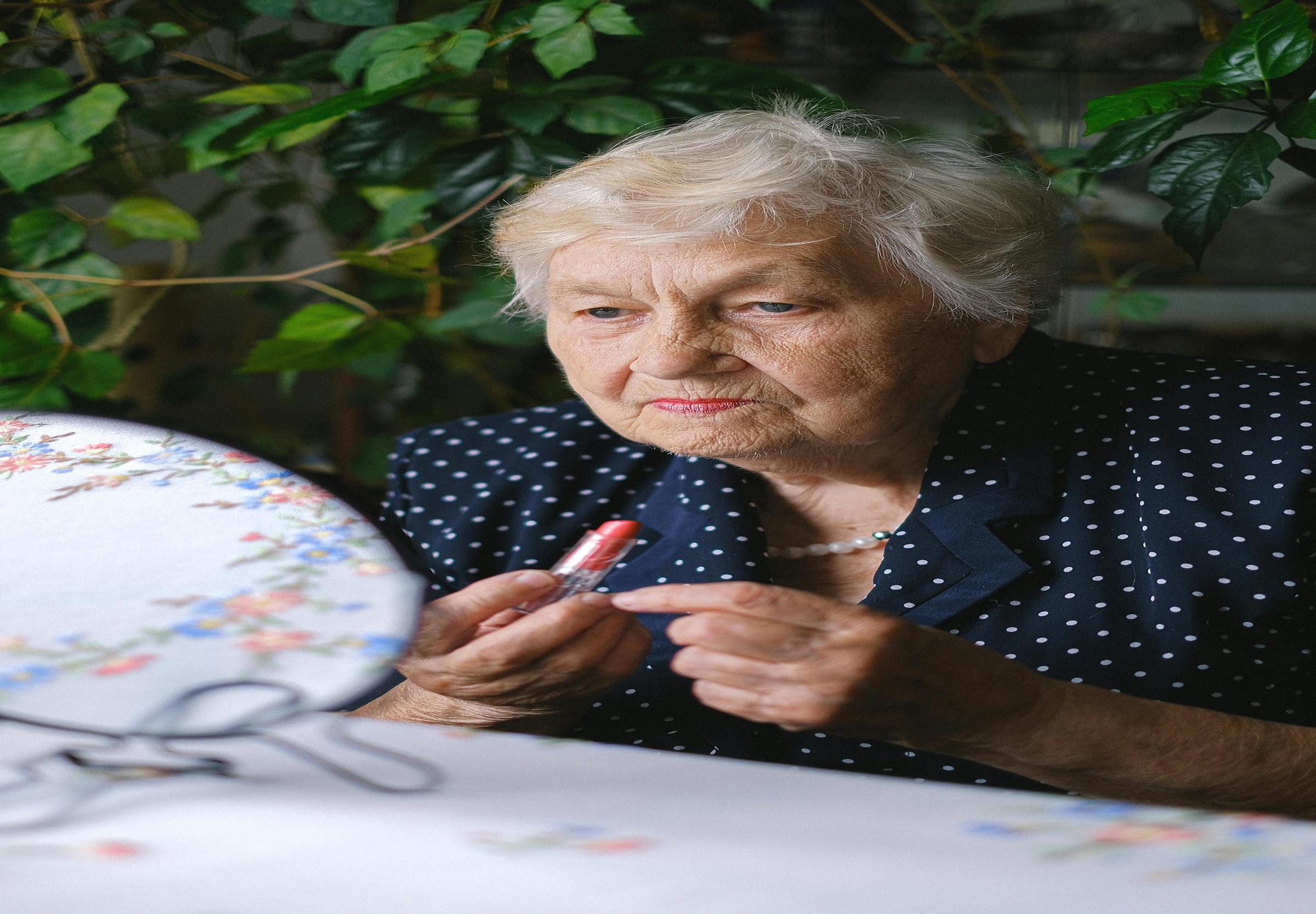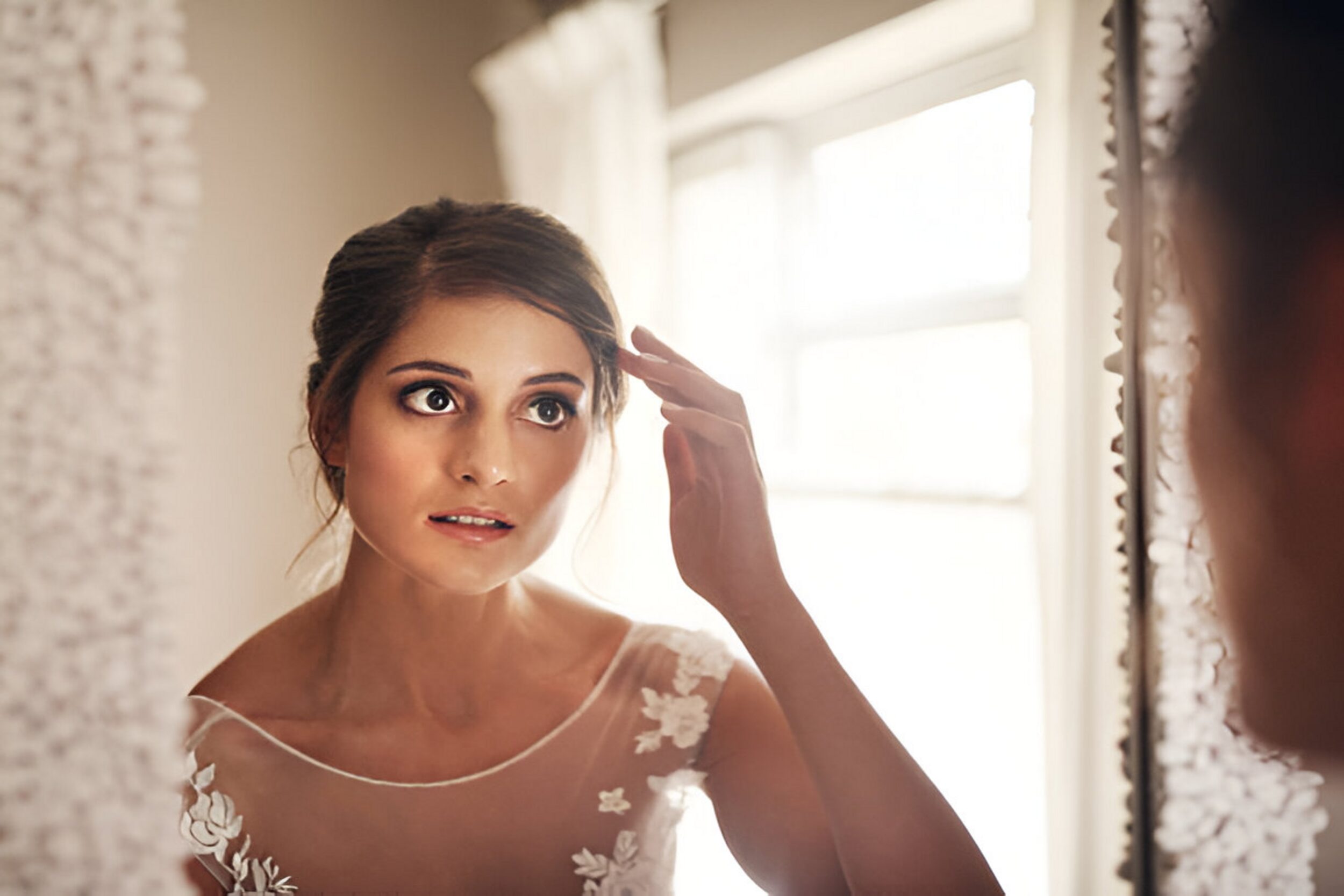Expired Makeup: How to Identify and Why It’s Dangerous
- Last Updated on
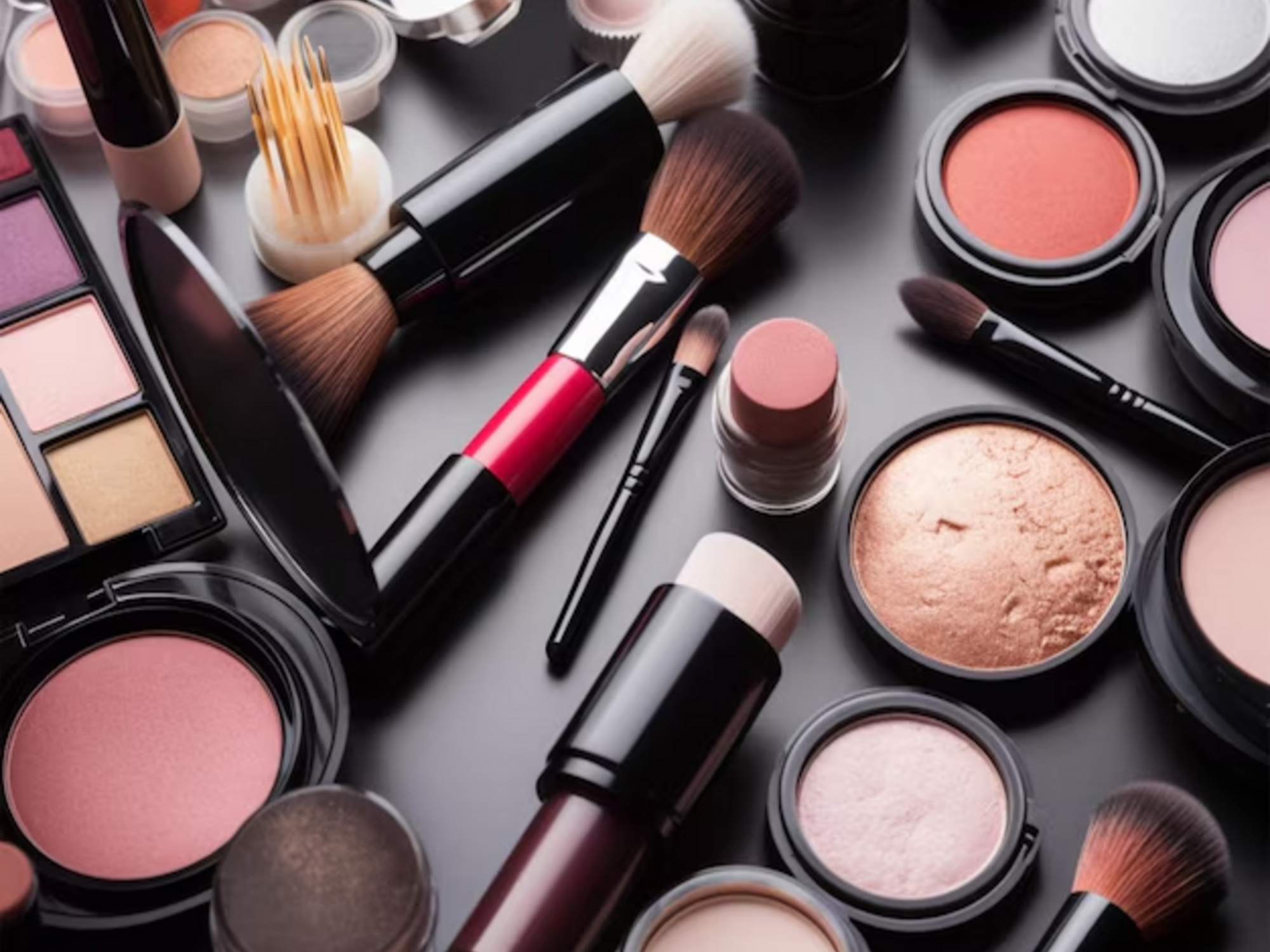
Image: Pixabay
Just like your vegetables and bread, your makeup can also expire. In fact, the lifespan of makeup products is way shorter than you think. Think of the last time you got your favorite mascara. It must be more than 12 months since you’ve changed it. Right?
Although these makeup products have no expiration date labelled by the FDA, it’s mandatory to look for the expiration signs before it gets worse.
So, how to identify if you have an expired makeup and why it’s dangerous to use the old products? Let’s find out in detail below.
Articles Contains
- How to Identify Expired Makeup
- Makeup Expiration Dates You Should Know
- Why It’s Dangerous to Use Expired Makeup
- Conclusion
- Key Takeaways
- Frequently Asked Questions
- References
How to Identify Expired Makeup
Honestly, it’s hard to tell the exact expiration date of your makeup. Why? It’s not clearly labeled as you see in your dairy products or food items. But, (4) there are some signs that you can identify if your makeup has expired:
- Change in color. You might have noticed that your beige foundation color has suddenly turned orange.
- (9) You will feel an odd smell like sour or rancid when using makeup.
- Change in the smoothness of your products.
Now, these are just some obvious signs. Let’s discuss some effective ways to see if your makeup has expired.
1. Check the PAO Label
(5) Gladly, most makeup products have a PAO (Period After Opening) label that is a great indicator of makeup expiry. For example, a symbol of 3M on the product label will mean your makeup will last 3 months after opening.

Image: Anosmia Life-Girl
Similarly, 6M means 6 months expiry and 12M means one year expiry. This is an easy and simplest way to check the expiration date or shelf life of your makeup products
2. Change in Consistency
If your product has no PAO label, another way to identify is checking its consistency. (6) Have you ever noticed that your makeup has dried or started to separate out? If yes, it’s time to replace your makeup bag with new products.
For instance, expired mascara won’t apply properly due to change in consistency. The same can happen to your eyeliner. When coating eyeliner on your lashes or using foundation, you can experience irritation or watering in your eyes. This is another sure sign of expired makeup.
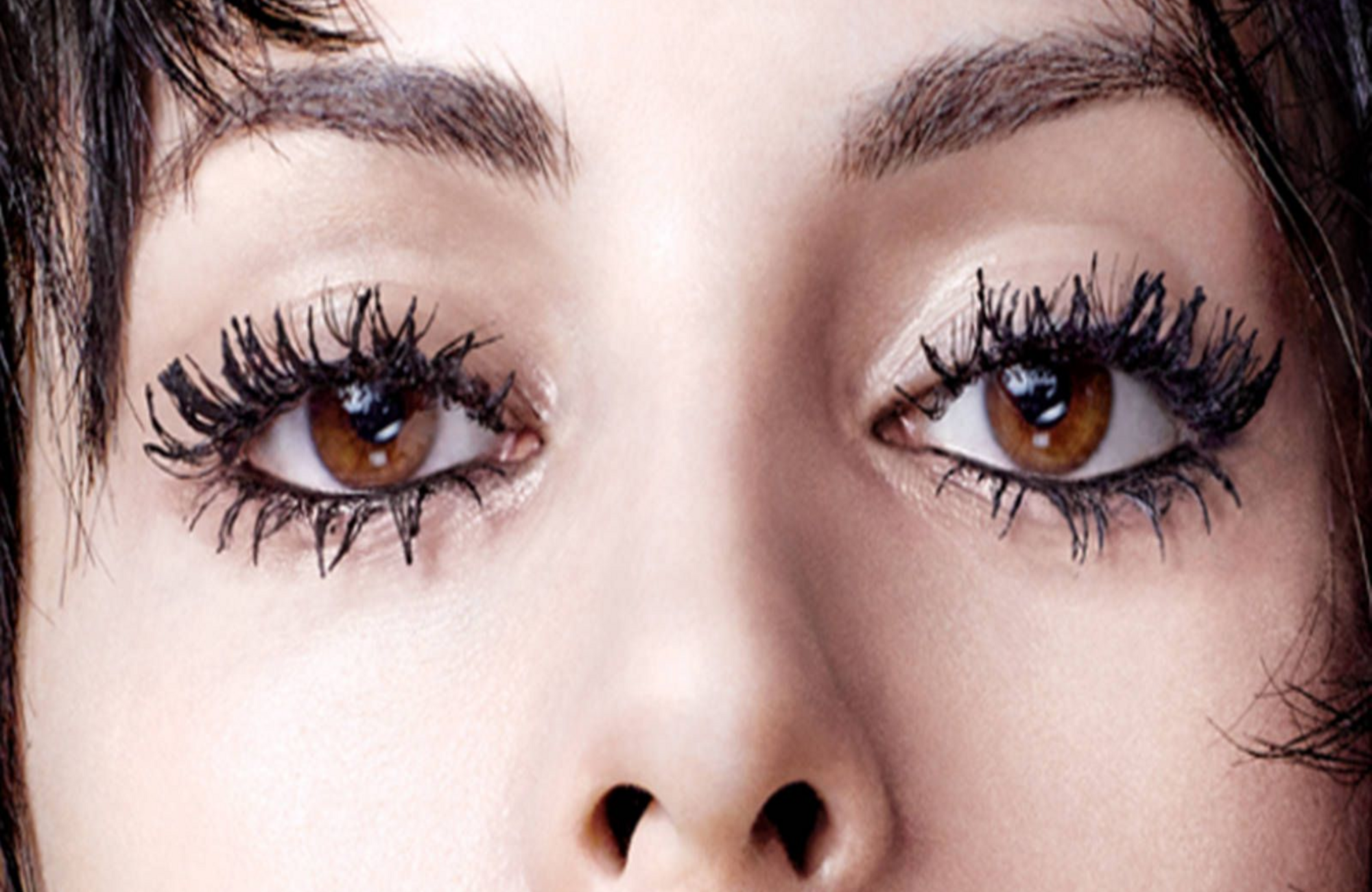
Image: pinterest
Makeup Expiration Dates You Should Know
The signs discussed above cannot always help finding if your makeup has expired as every product has a different shelf life. So, you cannot follow a one-size-fits-all approach. (7) Here is a common guide explaining the expiration date of your common makeup products:
● Foundation
Generally, foundations last for 12-18 months but it depends on the type of foundation you have and the way you store it. Some foundations are water-based and thus these liquid foundations can easily last up to one year. But, oily foundations have oil-based formulas, so they can last longer, usually up to 18 months.
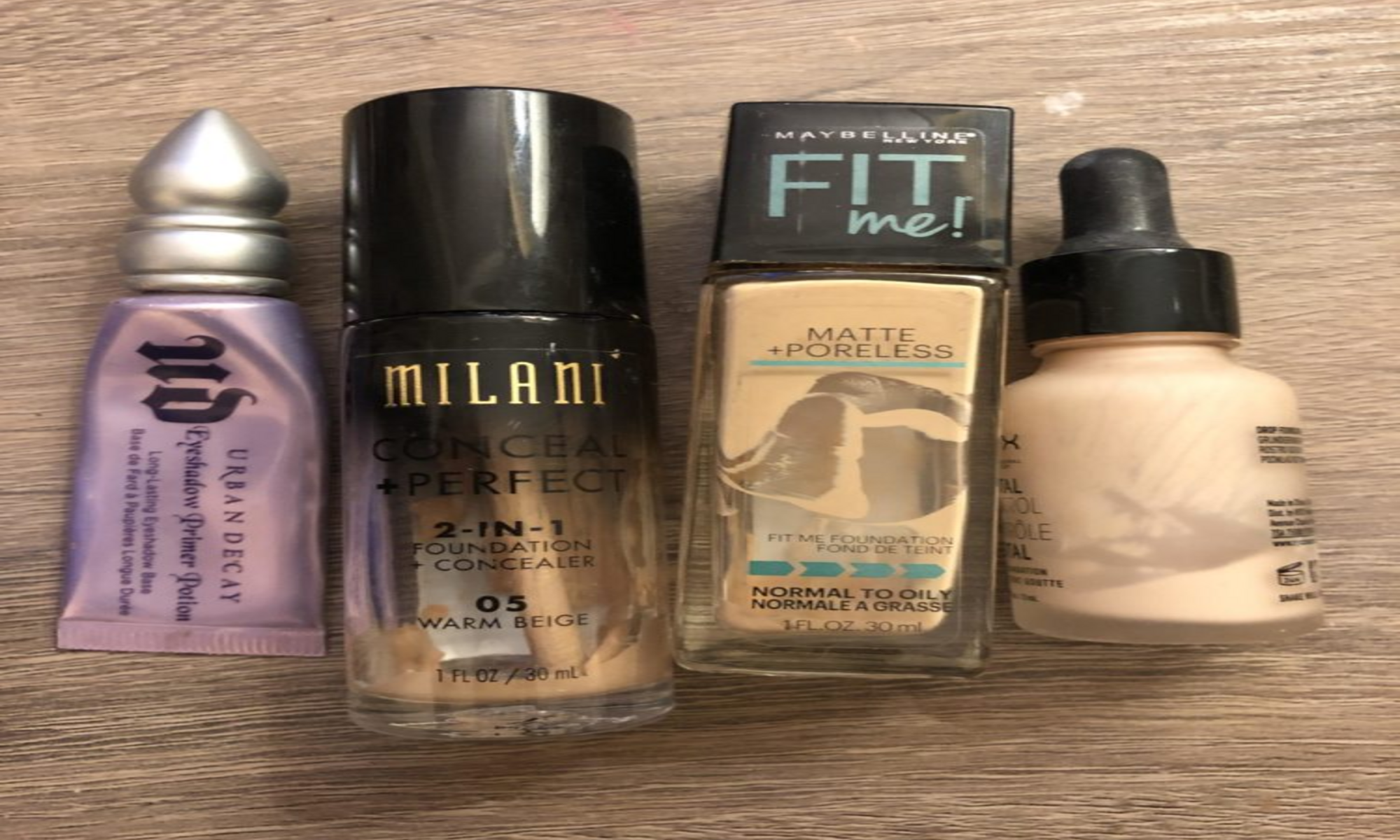
Image: Makeup by Nancy
● Moisturizers
(8) Again, the exact expiration date of your moisturizer depends on its ingredient, packaging, and storage conditions. But, most of them have a shelf life of two or three years. If you check at the PAO label, most skincare products like moisturizers can last for 10-12 months.

Image: Shutterstock
● Lip Products
When it comes to lip products, they have slightly different expiration dates. For instance, normal lipstick can last from one to two years while liquid lipstick or lipgloss has a shorter shelf life, ranging from 6 months to one year.
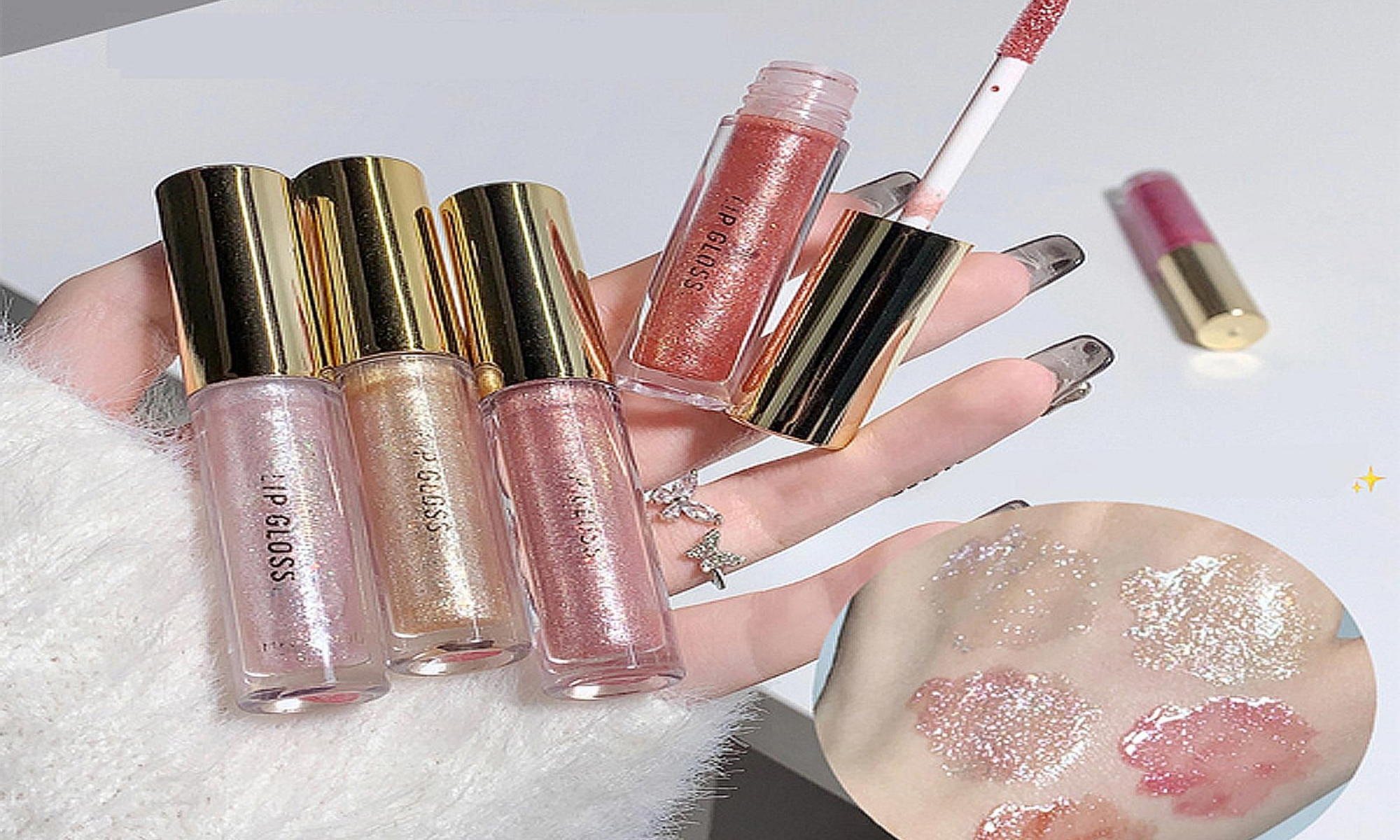
Image: Pinterest
● Eye Makeup
(10) Now, let’s talk about the expiration dates of most used eye products. Mascara has a shelf life of three to six months. After this duration, you’ll notice a change in its smell and texture. Similarly, different types of lines have different expiration dates.
Gel, pencils, and lip liners can last for 10 months to one year if stored properly. To stay free from bacterial infection and air exposure, you should sharpen your liners after every use.
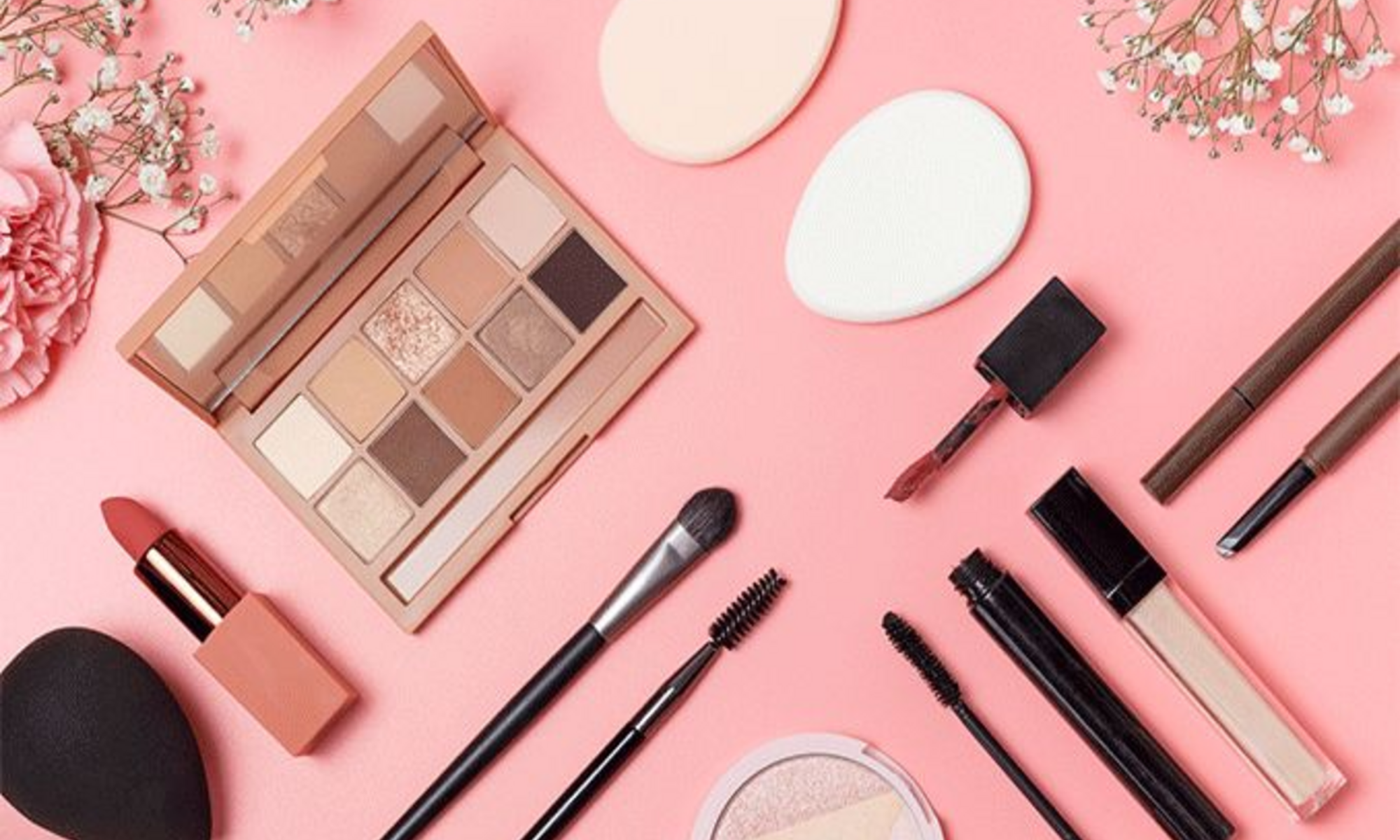
Image: All About Vision
● Nail Products
When checking your expired makeup, don’t forget your nail polish. If unopened, your nail polish can last up to indefinite years. But after opening, it starts to evaporate and has a shelf life of almost two years.
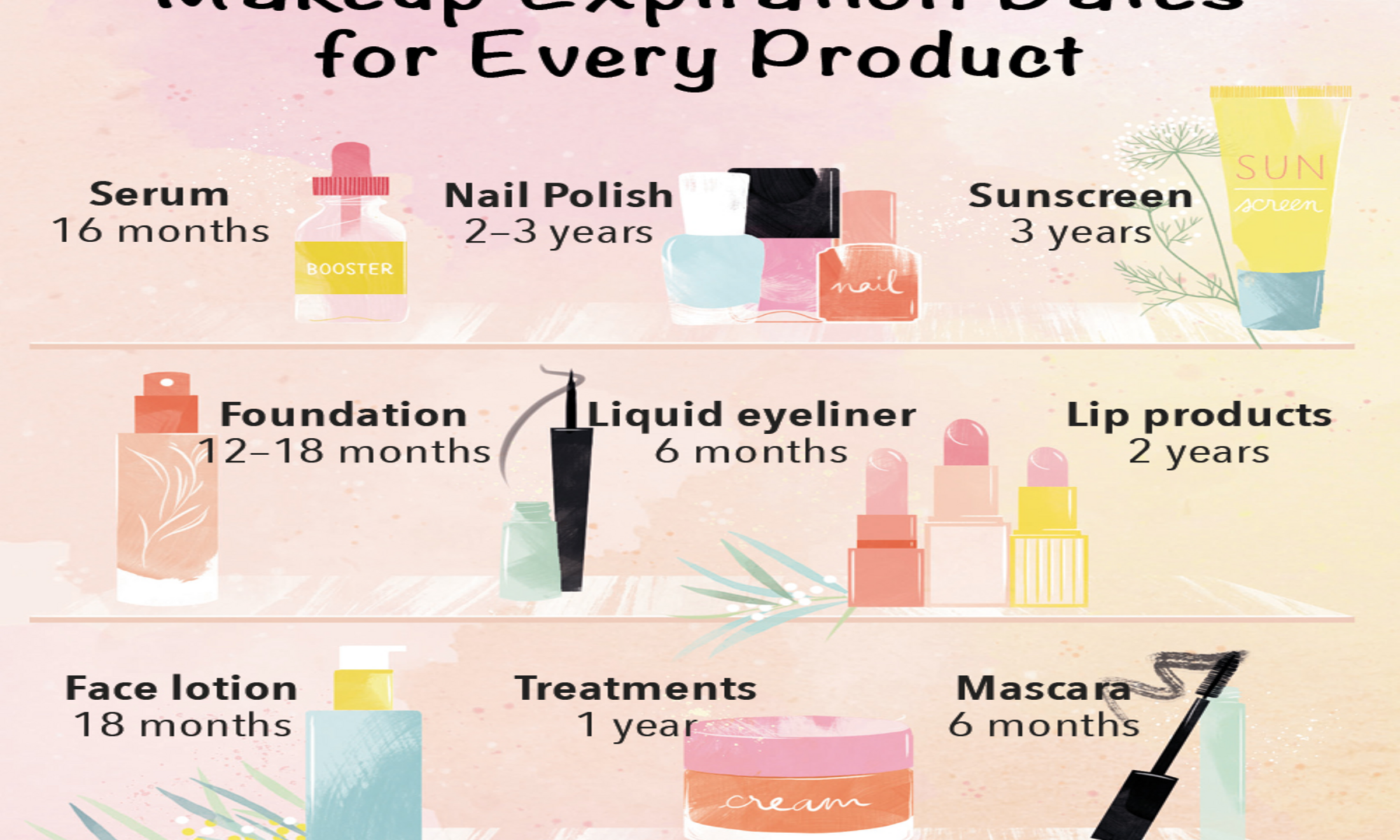
Image: My image journey
Why It’s Dangerous to Use Expired Makeup
Till now, you’ve a detailed analysis of how to identify if your makeup has expired with different shelf lives of your most used skincare products. You might be wondering: why is it dangerous to apply expired makeup? Enlisted below are some of the (2) consequences or side effects of expired makeup:
1. Skin Infections
People have a misconception that using expired makeup is safe to use. But, that’s not true. In fact, expired makeup can increase the risk of skin infections and can cause breakouts, skin allergies, and irritation. Studies have also proved the dangers of using expired products.
(3) Janet Winter Blaschke, the CEO of International Cosmetics & Regulatory Specialists, says that ‘’Expired products may not only lack potency, but they also can become a breeding ground for bacteria’’. This simply means skin irritation, redness, itching, and various other skin allergies.

Image: The Pink Foundry
2. Bacterial Contamination
A recent UK study found that 90 percent of beauty products, particularly sponge makeup blenders, contain “deadly superbugs. This can include dangerous bacterial species like E.coli and Staphylococci. These bacteria or molds can grow over time and cause pore blockage or irritation.
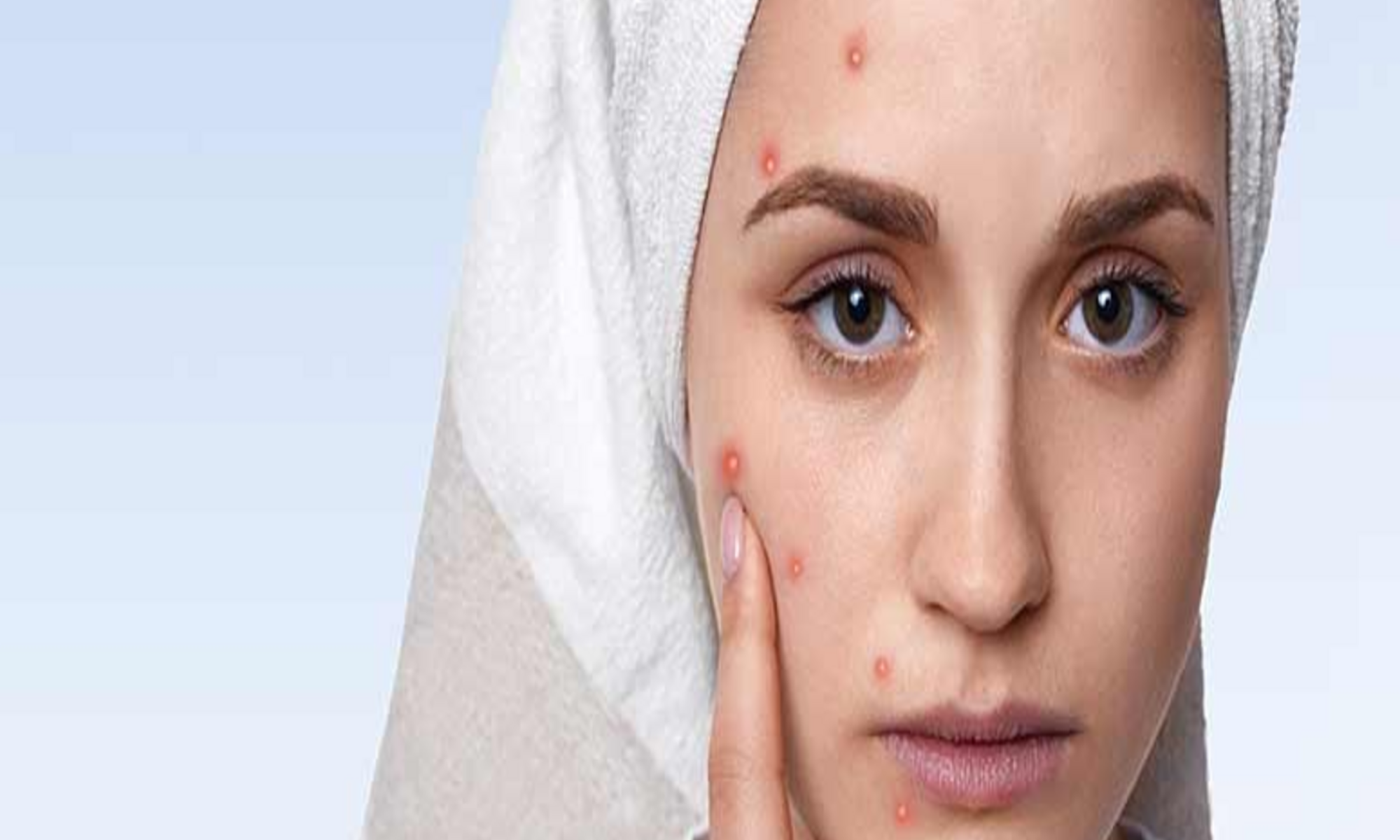
Image: Skin and Hair Academy
The most scary thing is you cannot see these bacteria with the naked eye and thus can suffer from severe skin infections. Once they enter your skin via pores or makeup products, they will destroy the skin cells, leading to multiple skin issues.
3. Reduced Efficiency
Besides skin allergy and eye infections, using expired or old makeup products can also affect their efficiency. This is because these products are made up of ingredients like SPF and other anti-aging products that can lose their potency over time. This way, you will not get the same results unless you replace them with new ones.
CONCLUSION
I know, you love your beautiful eye makeup palette or your most favorite Mascara that you use for almost 10 years, but you should not compromise your health. Whether it’s your foundations or blushes, try replacing them every 3 to 6 months and always store them in humid places. Above all, do not use products after their expiry date as it can lead to severe skin complications.
Key Takeaways
You’re well aware of the consequences of using expired makeup, now it’s time to take action. But, you can take precautions for next time if you want to keep your makeup fresh and use your favorite products for a longer time. Here are some actionable tips that can help you (1) increase the shelf life of your makeup:
- Store makeup in cool places like in a drawer or a cabinet. Make sure it’s away from the heat and moisture. Ron Robinson, the Cosmetic chemist and founder of Beauty Stat, suggests that all makeup should be stored in a cool, dark, dry climate.
- When using powder products, make sure you close the lid after using and avoid storing them in a humid bathroom.
- Always wash your makeup brushes and do not share with others as this can result in multiple skin allergies.
- Do not add water or saliva in dried products and avoid putting your fingers in the makeup container.
Frequently Asked Questions
1. Is It true that makeup lasts longer when stored in the fridge?
Yes, it is generally true that makeup can last longer when stored in a cooler temperature or in the fridge. This will be highly helpful for liquid makeup or products with heat-sensitive ingredients like Vitamin C. .
2. Does makeup really expire after opening it?
Yes, different makeup products have a PAO (Period After Opening) date which means they have a limited shelf life after opening. For instance, powder foundation can last for one to two years after opening while mascaras can last for 3 to 6 months.
3. How can I make my makeup last longer?
You can take multiple steps to increase the shelf life of your makeup. A good approach is to store your skincare products in cool, dry places so they last longer. Another way is to clean or wash your makeup brushes and keep them away from the sun.
4. What will happen if I use expired makeup?
If I use expired beauty products, it can lead to increased bacterial growth and mold formation. This will cause skin acne, irritation, and multiple skin infections.
5. Can I Use My 5-Year- Old Eyeshadow?
Usually, it’s not recommended to use eyeshadow if it’s over 5 years. This is because most eyeshadow palettes have a shelf life of about 2 to 3 years so you should consider replacing it with a new one.
References
- Increase the shelf life of
makeup products.
https://www.vogue.in/content/how-to-make-beauty-products-last-longer-according-to-a-makeup-artist
- Dangers of expired makeup
https://www.byrdie.com/dangers-of-expired-makeup
- Risks of using expired
makeup.
- Signs of expired makeup.
https://www.masterclass.com/articles/how-to-tell-if-makeup-is-expired
- Makeup expiry signs.
- How to identify expired
makeup.
https://www.oprah.com/fashion_and_beauty/how-to-tell-when-your-makeup-has-expired_1
- Expired makeup guide
https://myimagejourney.com/expired-makeup/
- Expiration Dates of Makeup
products.
https://www.realsimple.com/home-organizing/makeup-expiration-dates-guide
- Makeup Expiry.
https://www.oprah.com/fashion_and_beauty/how-to-tell-when-your-makeup-has-expired_1
- When Makeup expire.
https://www.popsugar.com/beauty/When-Does-Makeup-Expire-25021994

